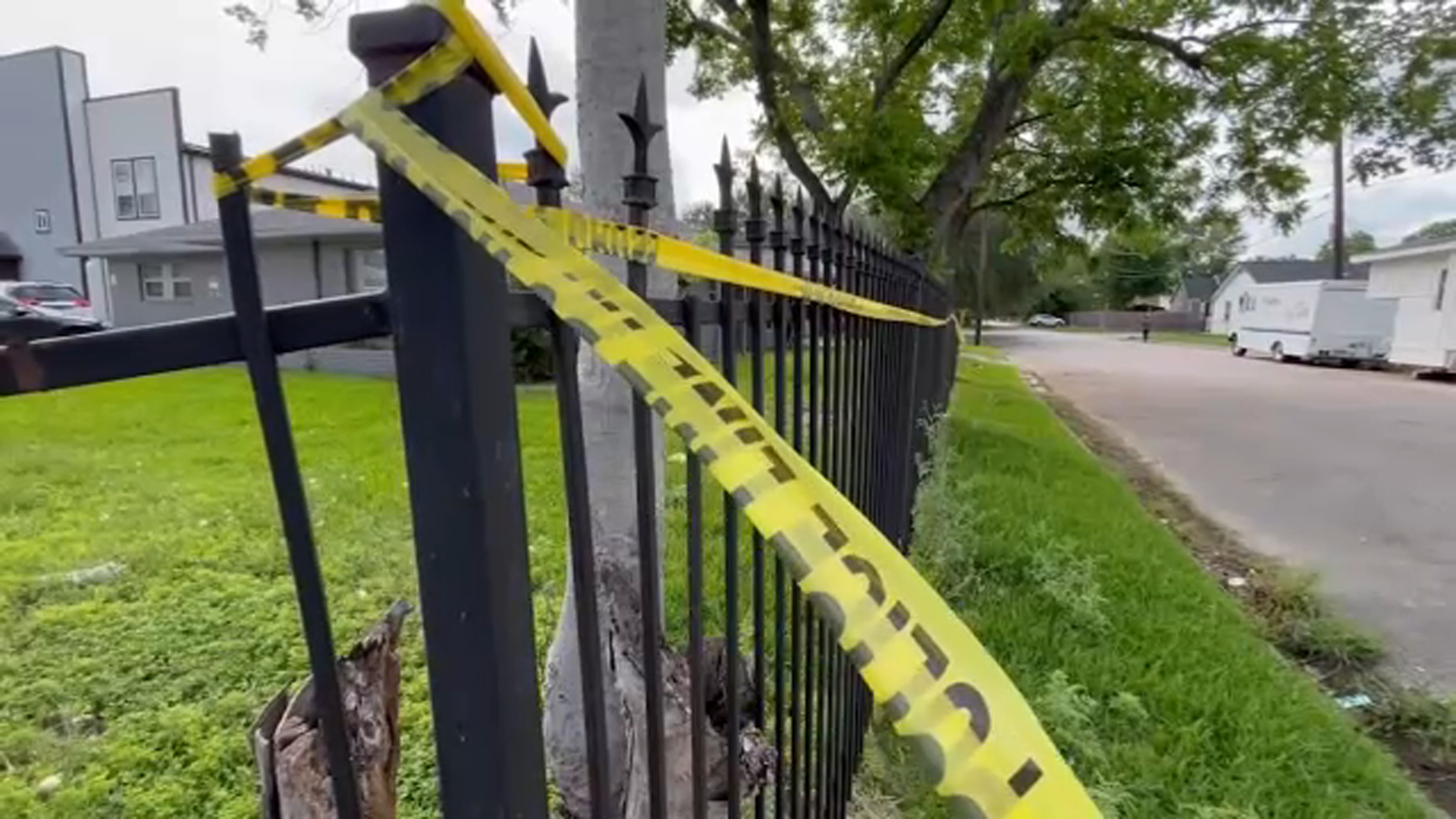Latinos more likely to have or be at risk for Alzheimer's than whites

HOUSTON, Texas (KTRK) -- Hispanic Heritage Month started Sept. 15, and in honor of the month, we are highlighting the efforts being made by the Alzheimer's Association to bridge a gap between the organization and the Latino community.
Volunteers, like Sheryl Mayers, have been recruited to help. Mayers says this has become a personal passion of hers since her mother, Dorothy, was diagnosed with dementia in 2009.
Watching her mother slip away was painfully tough, but the duties of caregiving were even tougher on Mayers.
"I promise you. I thought I had patience until I had to take care of mom. It went to another level. It even messed with my religious beliefs," she says.
Like many people with loved ones diagnosed with Alzheimer's, Mayers had to quit her job, move her mom in and become a full-time primary caregiver.
Her experience, though, was very different from that of many white families.
Mayers says, "To me 'demente' is that she's beginning to be out of her mind, because in our Spanish language, dementia means "the mind" and that means you're out of your mind."
From the onset, Mayers quickly realized her understanding of the disease based on the meaning she was familiar with wasn't accurate.
Like many other families, she also admits to not knowing about the Alzheimer's Association and its support.
Eventually, she says her determination to help her mom led her to the association, and that's when she says, "My world woke up."
During that conversation, Mayers realized this was more than just learning about the disease, but breaking stigmas and helping people understand that sometimes "cultural norms" can be a setback in recognizing the very early stages of Alzheimer's and dementia.
"We've got to keep Abuela in the back room, even though when family or friends come, she talks to herself or she repeats stuff or she's wondering, so we have to keep them in the backroom," Mayers explained.
Talking about what's happening is the first step, and unfortunately, as the disease progresses, it can lead to another stigma.
"We will not be able to... financially, we don't have access to medication. We don't have access to doctors," Mayers told ABC13.
In 2020, the Alzheimer's Association did a special report on ethnicity and "perceptions" or "beliefs," and found Latinos are one-and-a-half times more likely to either have or be at risk for Alzheimer's than whites.
Hispanic Americans, more than other racial or ethnic groups, are also more likely to believe that significant loss of memory or cognitive abilities is a normal part of aging.
The survey also found one in five Hispanics say they'd feel insulted if a doctor suggested a cognitive assessment like Alzheimer's.
Thirty-six percent of Hispanics did not believe they are getting good care from their doctor, and they don't trust the medical profession.
"So if you don't trust the profession, and think you're not getting good care, you are not as likely to go out and seek care until there is a crisis, and unfortunately, sometimes at that point it's a bit too late," says Ann Marie McDonald, chief program officer at the association's Southeast Texas chapter.
McDonald says health inequities like lack of access to care and environment are also contributing factors, and that's why they've ramped up their efforts to reach the Latino community.
The organization's website translates to Spanish, they've got a 24-hour helpline in Spanish and they've recruited bilingual volunteers like Mayers, who helped launch support groups in both languages and share what she's learned through her journey with Dorothy.
For more great stories, follow Rita Garcia on Facebook, Twitter and Instagram.
ABC13 CELEBRATES HISPANIC HERITAGE MONTH
From actors to activists, people share stories of celebrating their heritage, expressing their identity as Latino, Latinx, or Hispanic, and representing and embracing their diverse cultures. Celebrate Hispanic Heritage Month with "Our America: Todos Unidos" on ABC Owned Television Stations streaming apps and Hulu.












